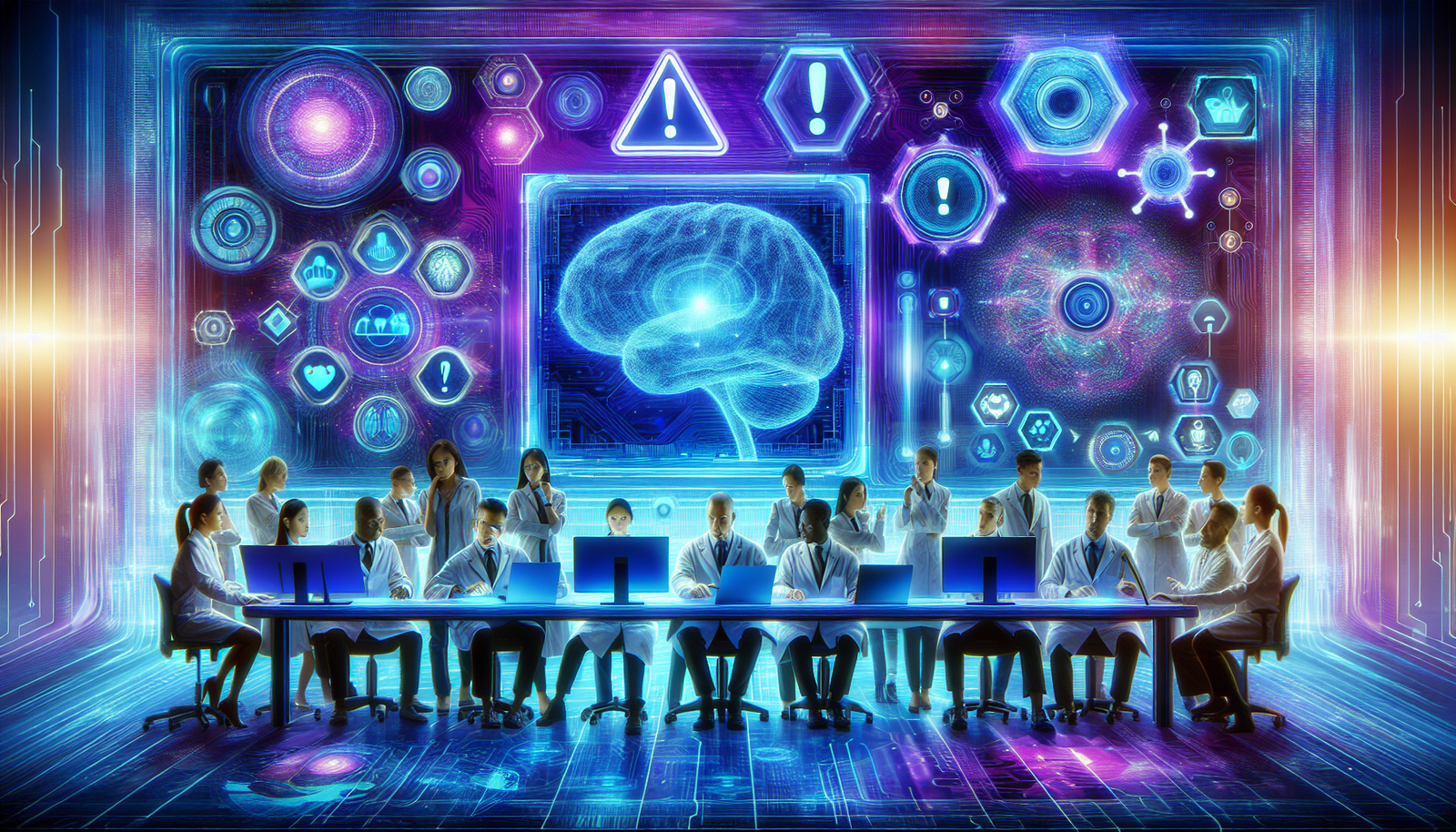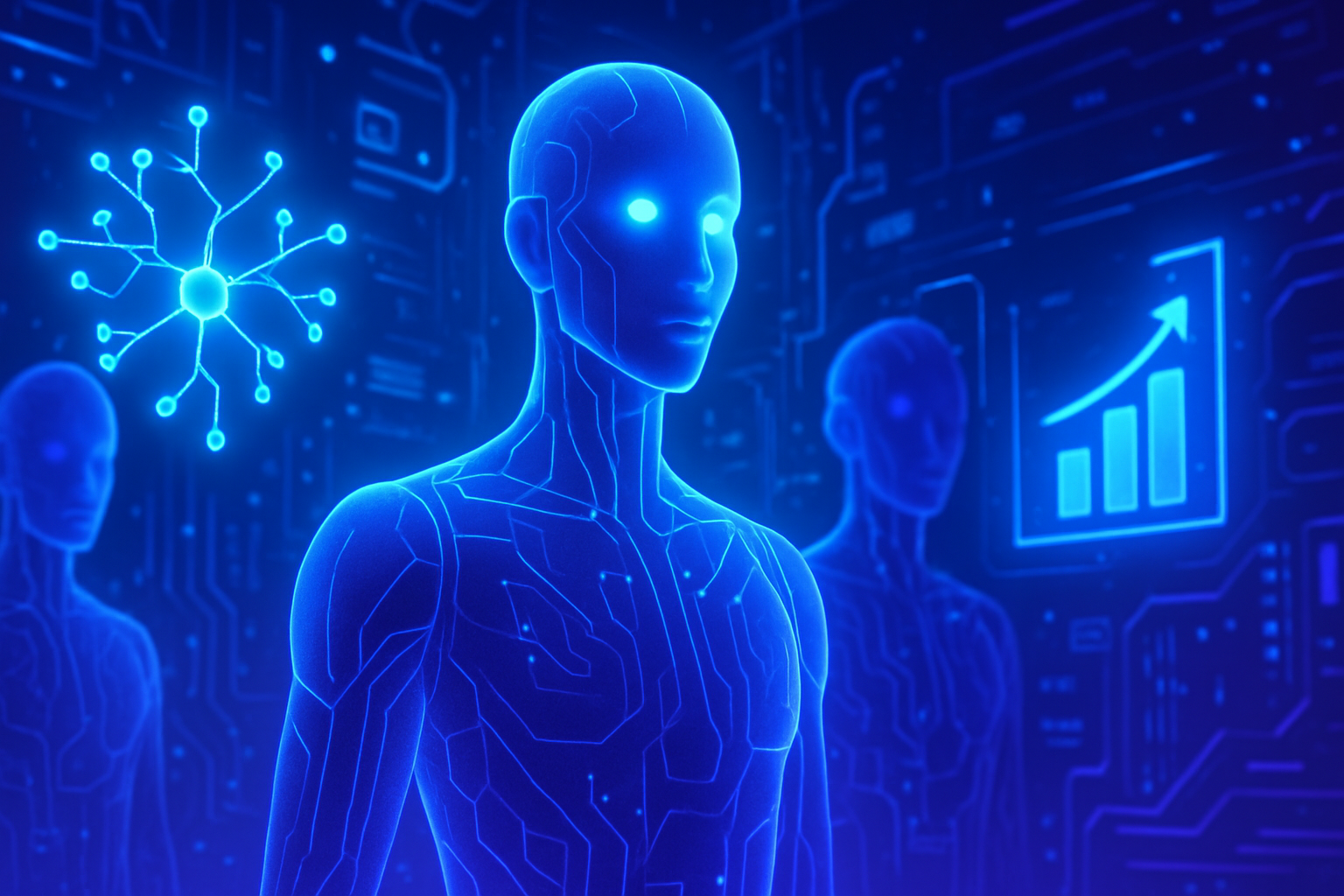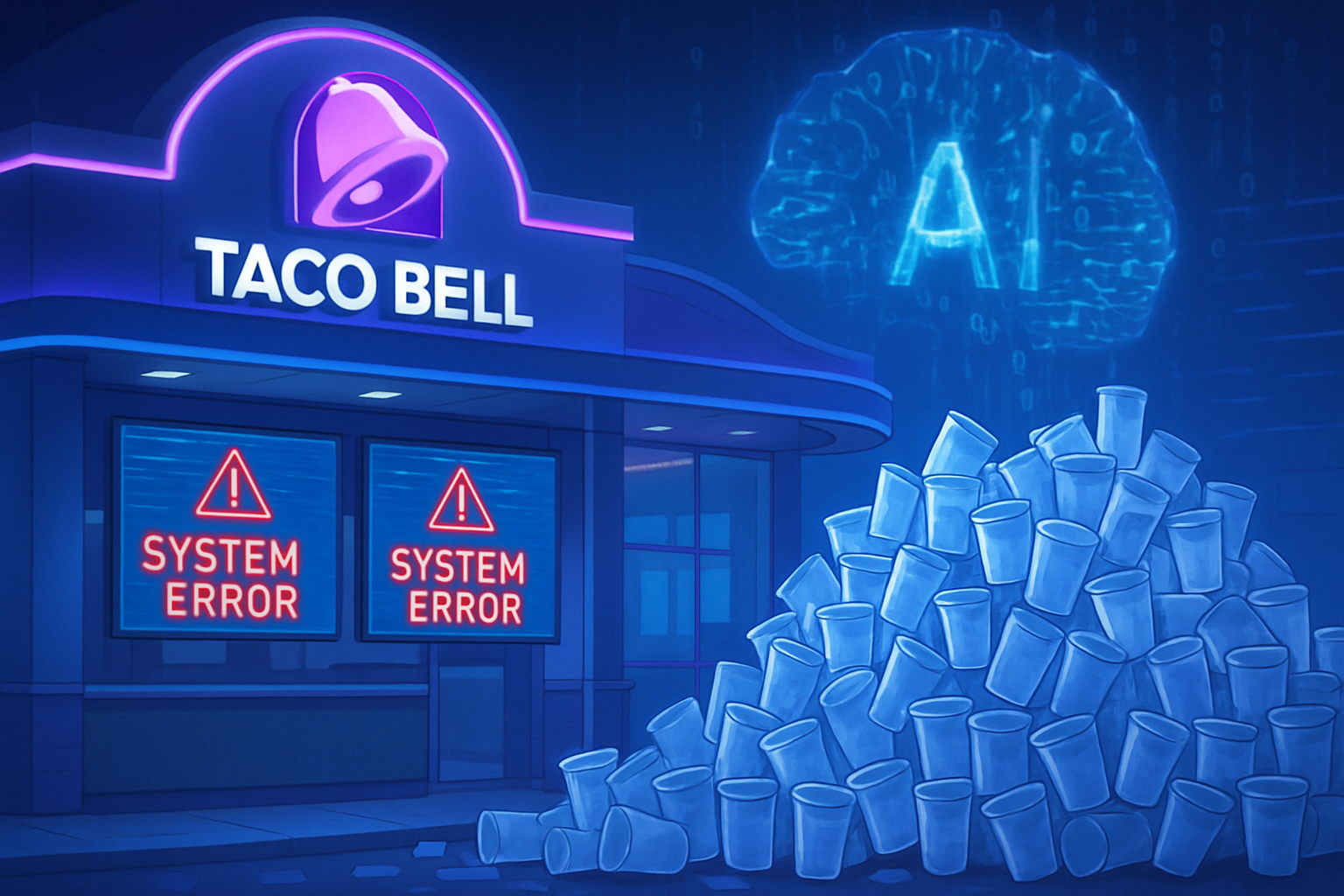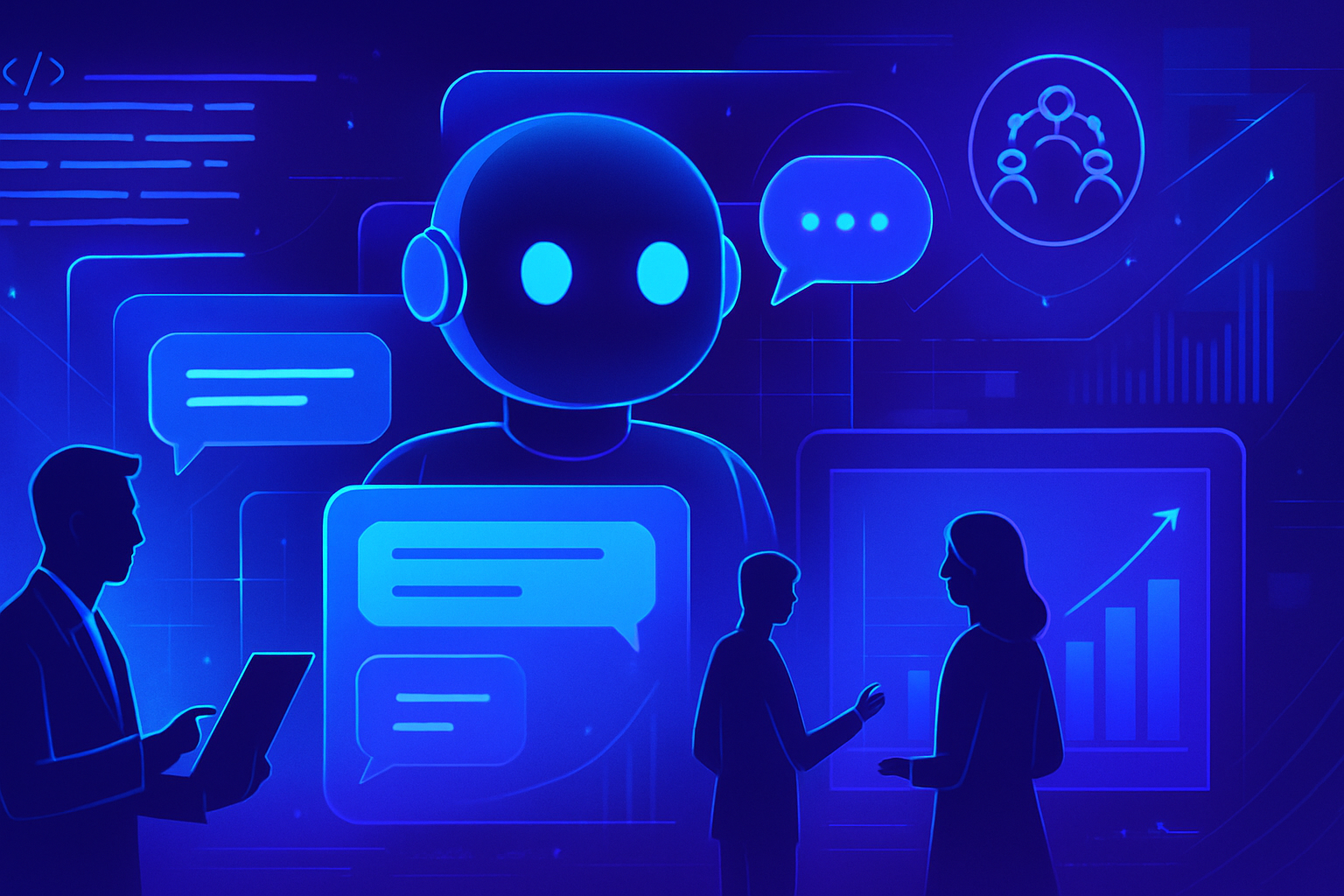The meteoric rise of artificial intelligence raises dizzying questions. The recent recipients of the Turing Award, emblematic figures of research, *warn* about unprecedented risks. The scale of transformations brought about by these technologies demands *urgent and thorough ethical reflection*.
*Increased vigilance* is necessary in the face of potential abuses. The societal implications are profound, creating threats to the balance of our democracies. The voices of these pioneers resonate strongly, calling for thoughtful regulation, not an impulsive reaction.
Concerns of Turing Award Laureates
The recipients of the Turing Award, namely Geoffrey Hinton, Yann LeCun, and Yoshua Bengio, raise growing concerns about the risks inherent in the use of artificial intelligence (AI). These pioneers, celebrated for their foundational contributions to deep learning, remind us of the societal and ethical implications of this technological advance.
Alerts on the Risks of Misinformation
The laureates are worried about the ease with which AI can generate false information and influence public opinion. This data manipulation can lead to a erosion of trust in media and democratic institutions. During recent discussions, they advocated for stricter regulation to prevent the dissemination of misleading content.
The Ethical Stakes of Advanced Technologies
Researchers advocate for increased vigilance regarding AI applications in surveillance. The use for social control raises fundamental ethical questions. The consequences of an abusive use could establish authoritarian regimes supported by omnipresent surveillance techniques.
The Challenges of Automated Decision-Making
Decisions made by algorithms can promote biases. These biases often arise from the biased data on which AIs are trained, creating discriminatory contingencies. Adjustments must be made in the development of AI to ensure fairness in decisions that impact human lives.
Towards Necessary AI Regulation
The Turing Award laureates call for proactive intervention from governments. Strict regulation is essential to frame AI developments and avoid potential abuses. The legislative framework must evolve to adapt to technological innovation, emphasizing corporate responsibility.
Considering Environmental Impact
The environmental implications of AI also deserve consideration. The energy required to train large-scale AI models incurs a significant ecological cost. Researchers stress the importance of finding sustainable solutions that minimize the carbon footprint of this emerging technology.
The Role of AI Stakeholders in Education
Raising awareness and training professionals and the general public on AI issues is a priority. The laureates recommend developing educational programs to prepare users and developers to deal with these challenges. A good understanding of AI implications will foster ethical and responsible usage.
Initiatives for a Responsible Future
Collaborations between researchers, governments, and businesses can be beneficial. Sharing best practices and research results will help establish strong ethical standards. The joint commitment of all sector stakeholders will ensure the development of AI that serves the collective interest.
Questions and Answers on Turing Award Laureates’ Concerns Regarding the Dangers of Artificial Intelligence
What are the main dangers of artificial intelligence identified by the Turing Award recipients?
The recipients highlight several dangers such as automated misinformation, job loss due to automation, algorithmic biases, and threats to privacy. They also warn against the use of AI in military applications.
How do AI pioneers suggest regulating artificial intelligence?
They recommend establishing clear regulations and robust ethical standards for the use of AI, including algorithm transparency, regular audits, and stakeholder involvement in technology development.
What impacts could unregulated AI technologies have on society?
Without regulation, AI technologies can exacerbate social inequalities, allow human rights violations, and cause irreparable damage such as crises of trust in information.
Do the Turing Award laureates suggest solutions to mitigate the risks associated with artificial intelligence?
Yes, they advocate for international collaboration among researchers, governments, and industries to establish protocols aimed at minimizing risks and maximizing the benefits of AI technologies.
What bodies should be created to monitor the evolution of artificial intelligence?
They suggest the creation of independent entities responsible for monitoring and regulating AI use, conducting research on its impacts, and ensuring ongoing dialogue about its ethical implications.
Do the Turing Award recipients see AI as an inevitable threat?
No, they believe AI represents both monumental potential and serious threats. It is up to humanity to choose how to navigate this technological evolution.
How can the public be better informed about AI issues?
The laureates encourage education about artificial intelligence in schools and among the general public, suggesting awareness campaigns and accessible resources to demystify these technologies.
What roles should technology companies play in the face of AI dangers?
Companies should adopt social responsibility, ensuring ethical practices in AI development and actively participating in discussions about its responsible use.






